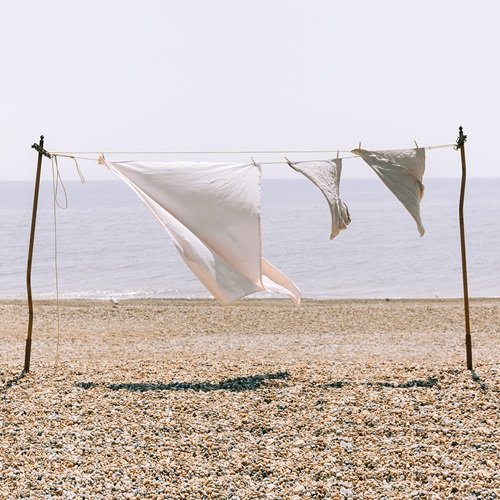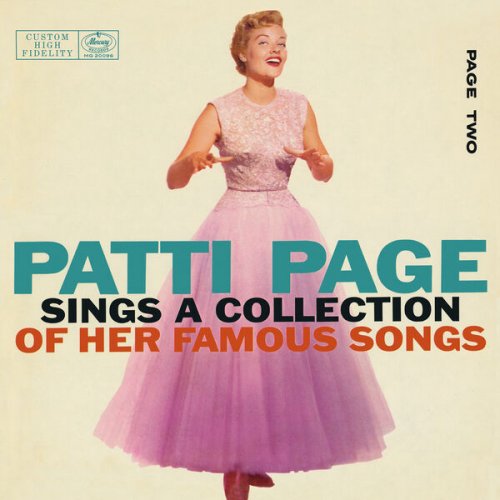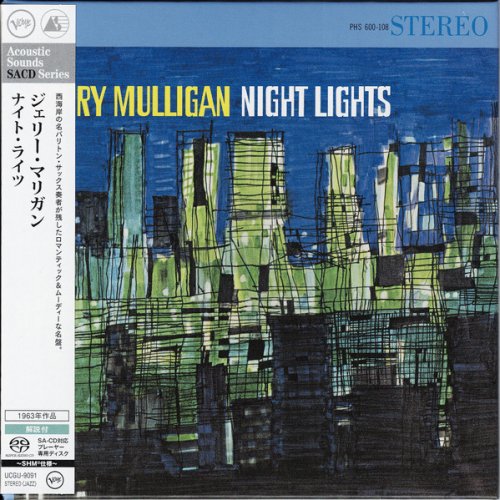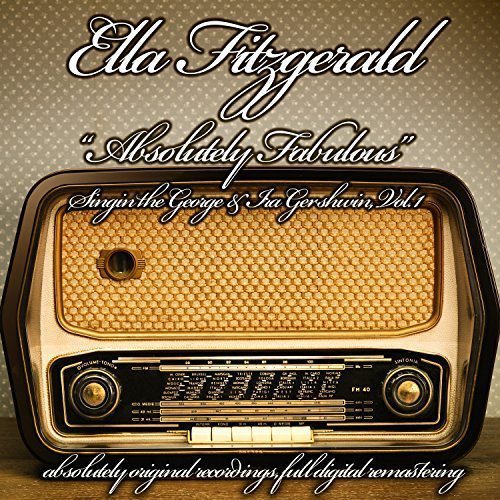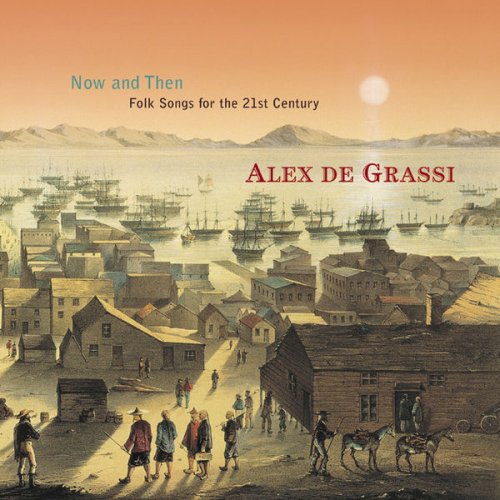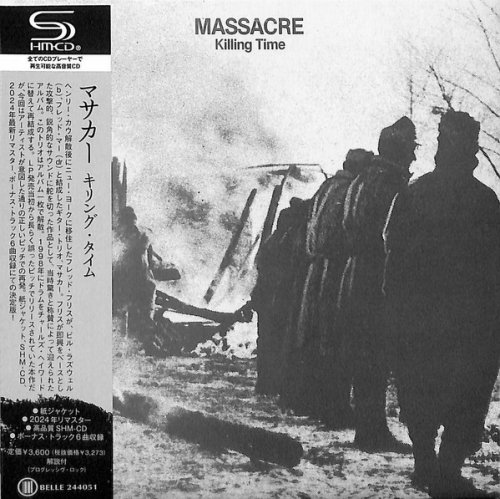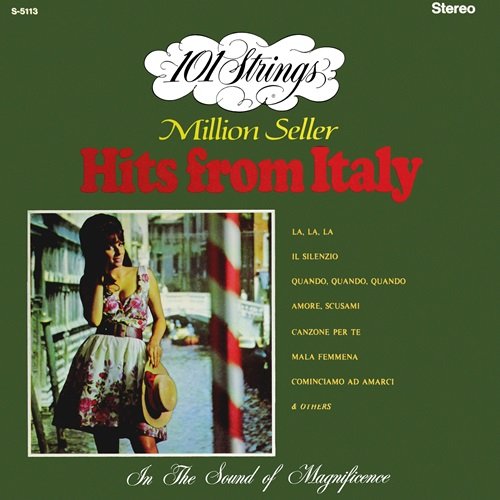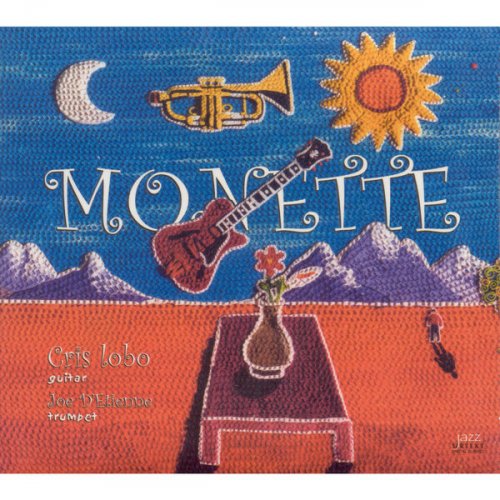Sarah Francis - Mozart, Krommer: Oboe Concertos (1991)
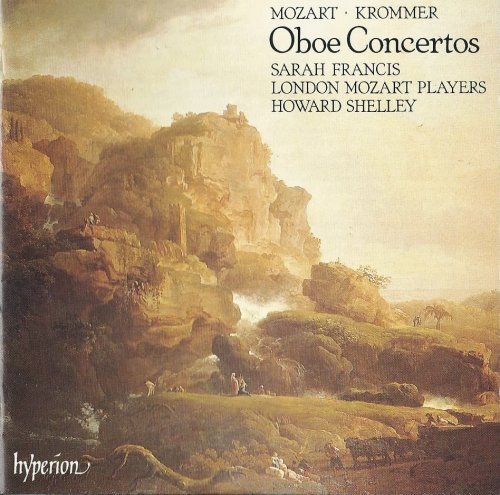
Artist: Sarah Francis
Title: Mozart, Krommer: Oboe Concertos
Year Of Release: 1991
Label: Hyperion
Genre: Classical
Quality: FLAC (image+.cue,log,scans)
Total Time: 01:01:13
Total Size: 274 Mb
WebSite: Album Preview
Tracklist: Title: Mozart, Krommer: Oboe Concertos
Year Of Release: 1991
Label: Hyperion
Genre: Classical
Quality: FLAC (image+.cue,log,scans)
Total Time: 01:01:13
Total Size: 274 Mb
WebSite: Album Preview
Wolfgang Amadeus Mozart (1756-1791)
01. Oboe Concerto in C Major, K314: I. Allegro aperto [0:07:04.05]
02. Oboe Concerto in C Major, K314: II. Adagio non troppo [0:06:12.10]
03. Oboe Concerto in C Major, K314: III. Rondo: Allegretto [0:05:32.63]
Franz Krommer (1759-1831)
04. Oboe Concerto in F Major Op. 37: I. Allegro [0:11:10.62]
05. Oboe Concerto in F Major Op. 37: II. Adagio [0:04:45.40]
06. Oboe Concerto in F Major Op. 37: III. Rondo: Allegro [0:06:28.25]
07. Oboe Concerto in F Major Op. 52: I. Allegro [0:09:41.35]
08. Oboe Concerto in F Major Op. 52: II. Adagio [0:04:56.18]
09. Oboe Concerto in F Major Op. 52: III. Rondo [0:05:25.72]
Performers:
Sarah Francis - oboe
The London Mozart Players
Howard Shelley – conductor
The Mozart is perhaps better known as the 2nd Flute Concerto. The oboe version was found by Bernhard Paumgartner in 1920 and doubts have been raised about its authenticity. Sarah Francis has taken the step of restoring the oboe part as closely as possible to the flute part, thereby ensuring that what we hear is at least Mozart. My feeling is that the nature of the oboe, plus the downward transposition (from D), introduces a certain heaviness to the attractively mercurial original. So unless you have an overwhelming preference for the sound of the oboe over that of the flute, I suggest buying one of the many excellent flute versions available, presumably in tandem with the 1st Concerto and maybe that for flute and harp as well.
If you feel otherwise, then the Krommer works are not without interest. Their perky little melodies and agile fingerwork, plus hints of greater depth (in the central sections of both slow movements) seem to derive from a genuine understanding of the character of the instrument. And while for much of the time Krommer speaks the common Haydnesque-Mozartian language of his day he is also capable of aligning himself with those of his younger contemporaries like Dussek or Hummel who sidestep Beethoven and look forward to the burgeoning romanticism of Weber. The last movement of op.52 has a very winning theme indeed, and this latter master might not have been ashamed to own it.
Performances and recordings are excellent and those attracted by the programme need not hesitate. -- Christopher Howell
If you feel otherwise, then the Krommer works are not without interest. Their perky little melodies and agile fingerwork, plus hints of greater depth (in the central sections of both slow movements) seem to derive from a genuine understanding of the character of the instrument. And while for much of the time Krommer speaks the common Haydnesque-Mozartian language of his day he is also capable of aligning himself with those of his younger contemporaries like Dussek or Hummel who sidestep Beethoven and look forward to the burgeoning romanticism of Weber. The last movement of op.52 has a very winning theme indeed, and this latter master might not have been ashamed to own it.
Performances and recordings are excellent and those attracted by the programme need not hesitate. -- Christopher Howell
